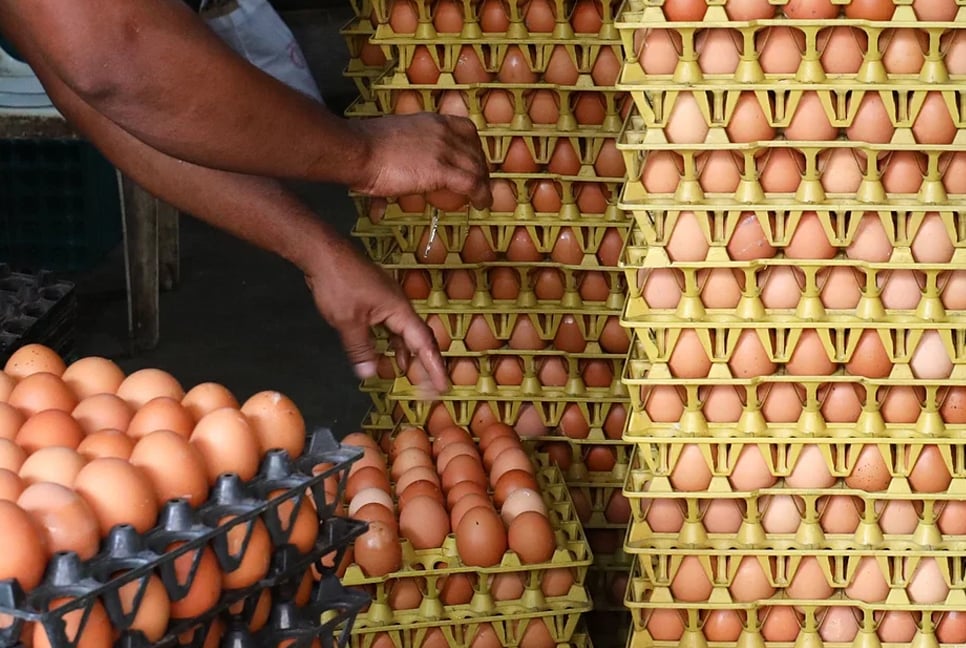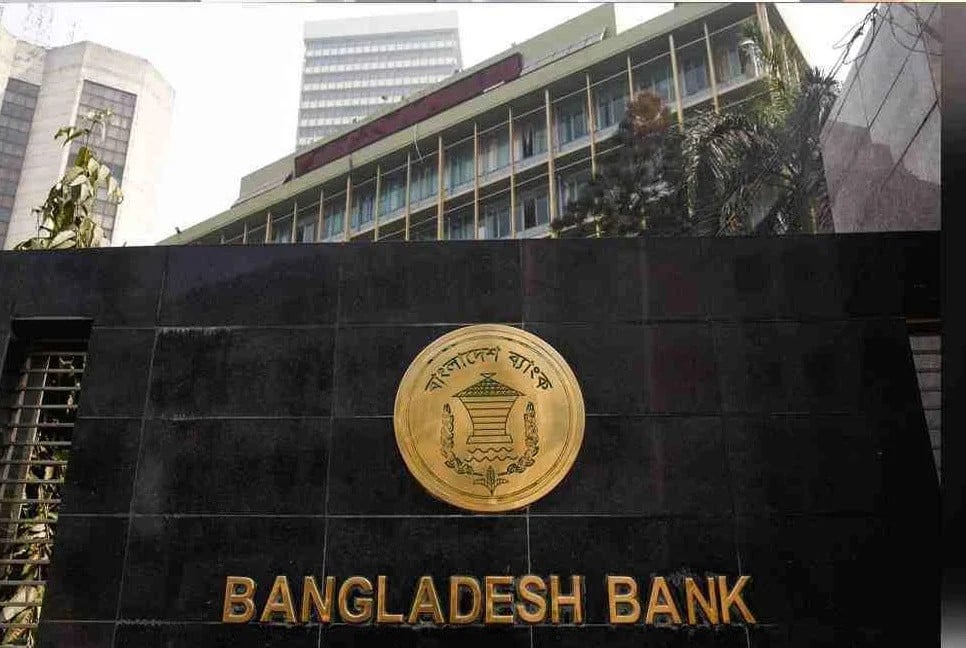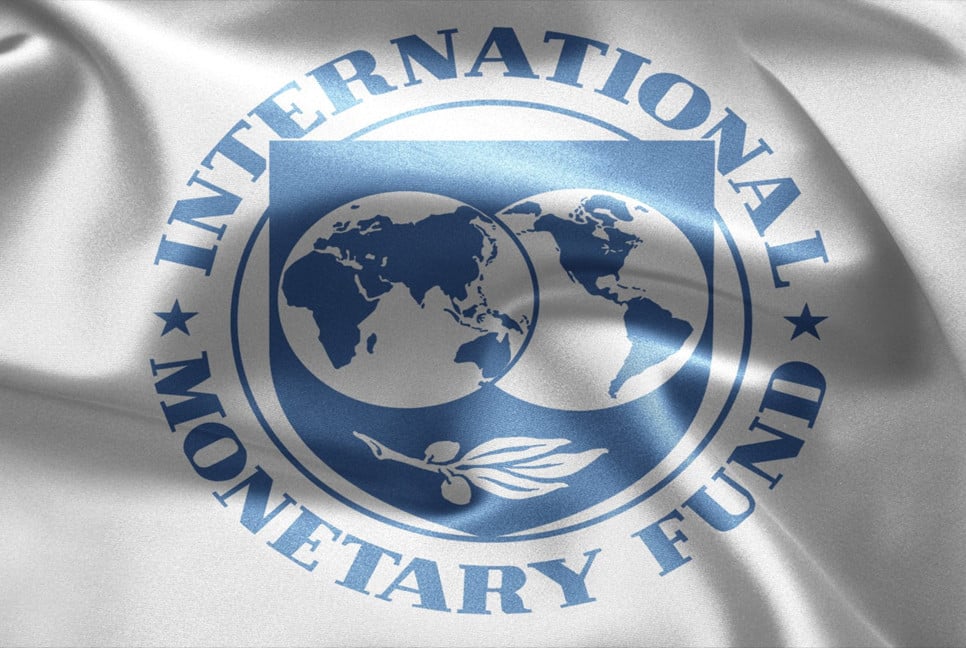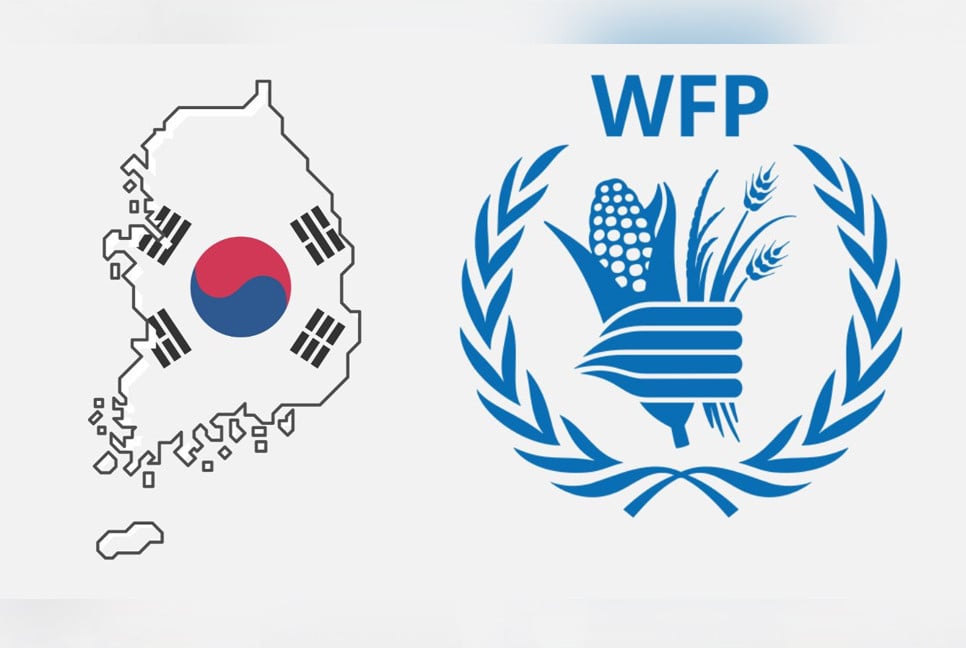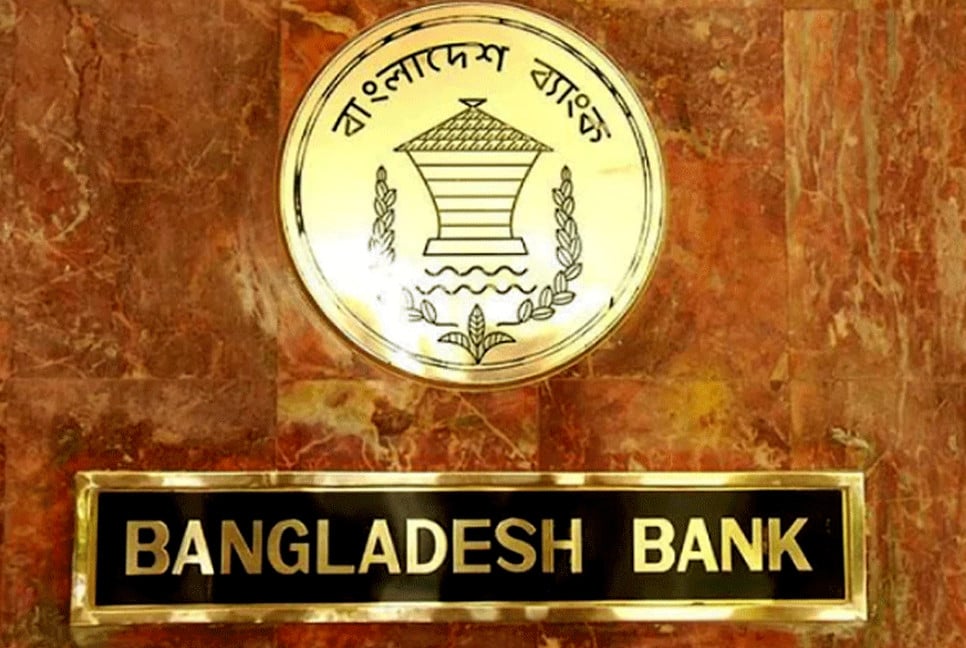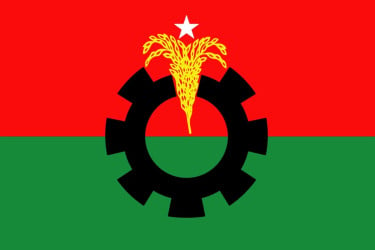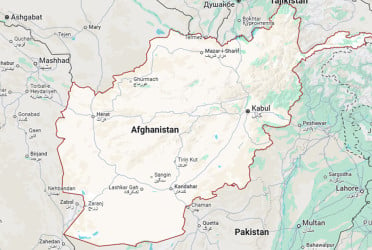The authorities concerned have repeatedly asserted that syndicate-led market manipulation is the primary cause behind the escalating prices of eggs, however, experts argue that they are failing to dismantle these syndicates and address the root causes of the crisis due to inadequate supply chain management, weak market oversight, and a lack of long-term strategies to stabilise prices.
Speaking to the Daily Sun, Dr Khondaker Golam Moazzem, research director of the Centre for Policy Dialogue (CPD), said that there have been no substantial market control initiatives under the current interim government.
“Major initiatives in supply chain management are essential, yet we tend to focus solely on short-term solutions,” he explained.
He emphasised the need for a comprehensive development of supply chains across various markets, reform of government systems, modification of laws, and the establishment of robust operational and monitoring mechanisms.
“These efforts should target a timeframe of 4-5 years, but I have not observed any such initiatives being pursued.”
While recent government approval to import 45 million eggs might lead to a slight decrease in prices, Dr Moazzem believes they will not fall to the anticipated levels.
Evidence of manipulation
On Friday, Farida Akhter, fisheries and livestock adviser of the interim government, highlighted a concerning trend: traders had claimed a shortage of eggs, yet prices dropped immediately after the announcement of egg imports. This discrepancy suggests that the price hike was artificially contrived to benefit the syndicates involved, she said.
The Directorate of National Consumers Rights Protection (DNCRP) has previously warned of a powerful syndicate within the egg market, which has the capability to dramatically inflate prices overnight. The DNCRP indicated that without dismantling this syndicate, egg prices would likely spiral out of control.
A recent DNCRP investigation revealed alarming practices: about 20 traders purchased eggs for Tk11.05 each from a farm in Ashulia, Savar, and sold them for Tk15. This markup reflects the extensive profit margins these traders exploit, emphasising the necessity for stringent market regulations.
Impact of poultry feed syndicates
Sumon Hawlader, president of the Bangladesh Poultry Association (BPA), raised alarm regarding the state of the poultry feed market, claiming it is dominated by a corporate syndicate that keeps feed prices artificially inflated, consequently raising the cost of poultry products.
“The primary cause of the sharp increase in egg and chicken prices is the recurrent rise in feed prices. Small-scale poultry farmers produce eggs and chickens but lack the authority to set prices. These are determined by corporate groups and the Tejgaon Egg Traders Association,” Hawlader stated.
“Farmers are compelled to sell their eggs and chickens at prices dictated by these entities. When prices increase, farmers benefit, but when prices fall, they are forced to sell at a loss, often below production cost, driving many out of the industry,” he elaborated.
“The dominance of corporate groups and the Tejgaon egg traders is destabilising the egg and chicken markets. Despite repeatedly forming syndicates to syphon billions of taka, these groups remain unpunished, aggravating market volatility,” he added.
The corporate syndicates and associations’ power results in a continuous cycle of instability for farmers. Rather than regulating the prices of feed and chicks, prices for eggs and chickens are set in consultation with previous syndicate members, thereby allowing corporate groups to maintain their dominance, according to the BPA.
Raw material costs and feed pricing disparities
Despite the recent decrease in raw material costs—maize is now priced at Tk30–32 per kg and soybean meal at Tk60–62 per kg—the price of feed has only been reduced by Tk1–2 per kg.
Sumon Hawlader argued that poultry feed prices should have dropped by at least Tk15 per kg, given the lower raw material costs. Instead, farmers continue to pay Tk3,500–3,600 per bag, maintaining inflated prices.
“This is unjust for farmers who must bear high feed costs despite falling input prices,” he lamented. He described the situation as a “deceptive practice” that severely impacts small and medium-sized poultry farmers.
Government’s response and future outlook
Adviser Farida Akhter reiterated on Friday that the syndicate is the principal reason behind the rising egg prices.
She said, “The government is actively addressing these issues. Regular market inspections are ongoing. Wholesale prices have already decreased slightly, and we anticipate that prices will come under control soon.”
She made these comments at a discussion marking World Egg Day at the Krishibid Institute in the capital’s Farmgate area. The event was organised by the Department of Livestock Services, the World Poultry Science Association’s Bangladesh chapter, and the Bangladesh Poultry Industries Central Council.
Akhter also emphasised the need to boost rural egg production by encouraging women to raise poultry, noting, “In the past, rural women raised ducks and chickens, selling their produce to local traders. This not only contributed to their household incomes but also supported the rural economy. We must restore that practice with necessary measures.”
Commerce ministry takes action against non-compliant traders
The commerce ministry’s monitoring teams have fined traders a total of Tk11,500 for failing to comply with pricing regulations during inspections at kitchen markets in Dhaka.
In a bid to stabilise essential goods prices and control market conditions, the Ministry conducted monitoring operations across various locations in the capital.
During these operations, one shop owner was fined Tk7,000, while another team imposed fines totalling Tk4,500 on several businesses for non-compliance with pricing regulations.
On Thursday morning, one of the Ministry’s teams, led by Deputy Secretary Sultana Akhter, monitored the Banani kitchen market, inspecting prices of essential items including rice, lentils, eggs, flour, green chilli, vegetables, fish, and chicken.
The team reviewed price lists and receipts from recent days to ensure adherence to regulations.
Several businesses received warnings for not displaying proper price lists or failing to maintain accurate records.
They noted a slight decrease in the prices of eggs, onions, and potatoes compared to previous days.
In a separate operation at the Hazaribagh Tannery kitchen market, officials examined the purchase prices of eggs, onions, green chilli, chicken, and rice. Businesses were urged to display updated price lists for items like chicken, rice, and potatoes.
The operation was overseen by Deputy Secretary Zakir Hossain, with one store fined Tk7,000 for not displaying a price list and selling expired goods.
On Saturday morning, a team led by Senior Assistant Secretary Fuara Khatun monitored the Shah Ali City Corporation Market in Mirpur, checking prices of essential items such as rice, lentils, potatoes, eggs, vegetables, and chicken. They ensured businesses updated their price lists and reviewed purchase and sales receipts. One store was fined Tk1,500 for not maintaining a proper price list.
Simultaneously, another team conducted monitoring at the Shanir Akhra kitchen market, assessing prices of essential goods including eggs, onions, green chilli, chicken, and rice. Business owners were instructed to display updated price lists; however, some businesses were fined Tk3,000 for failing to comply with regulations and not renewing trade licenses.
These operations are part of the Commerce Ministry’s ongoing efforts to control prices and ensure fair trade practices in the capital’s markets.
Source: The Daily Sun
Bd-Pratidin English/ Afsar Munna

